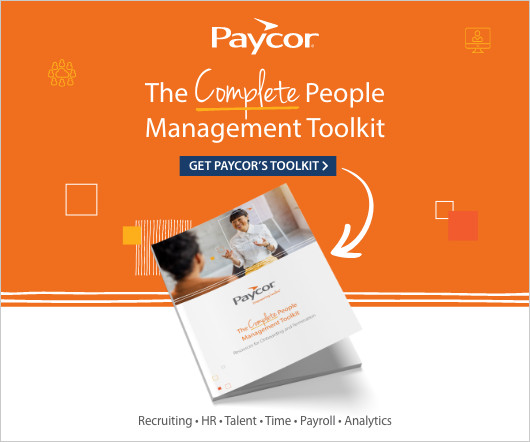How to Create a Training Plan for your Employees
Women on Business
MAY 18, 2016
We've Moved! Update your Reader Now. This feed has moved to: [link] If you haven't already done so, update your reader now with this changed subscription address to get your latest updates from us. [link].






















Let's personalize your content